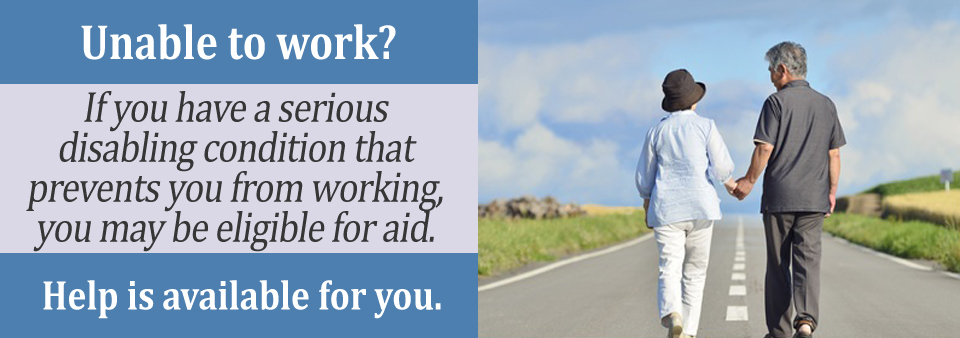Facts on Representative Payees
As of 2019, more than 8 million people were receiving disability benefits through the Social Security Administration (SSA). Out of those recipients, more than 828,000 of them used a representative payee to receive their disability benefits. Minors, individuals who do not have the abilities to manage their own money and who are legally considered incompetent to handle their own finances, or claimants in long-term care may use a representative payee to oversee their disability payments.
Designated Payee
The SSA publishes data on the most popular representative payee selections. You can use these numbers to help you make a decision regarding your decision for payee selection. The most popular option would be parents, which total 32 percent, other relatives equal out to 18 percent, and the spouse equals for 15 percent.
Other organizations that are often named as representative payees include non-mental institutions at 8.6 percent, such as a hospital, and other facilities include social agencies such as social services for as much as 6 percent while mental institutions such as psychiatric hospitals stand at 3 percent.
There are also individuals who volunteer to serve as representative payees for those who need the help. Representative payees must keep receipts and documentation showing how the funds are spent in case they are ever reviewed by the SSA and asked for an accounting of the fund expenditures. All the funds must go for the claimant and the representative payee cannot use funds for personal benefit from the claimant’s disability check.
Why Is a Representative Payee Important?
Representative payees manage money and make sure bills get paid. For example, they can make sure your rent is paid on time and that your utility bill is paid so your power is not turned off. Benefits are properly used for food, clothing, shelter, utilities, dental and medical care and personal comfort items. Anything that is used for current needs or reasonably foreseeable needs is accepted.
A representative payee is a necessity for those who are considered minors or if an adult is not legally competent to handle his or her own finances. They make sure that the money is accessible and used for basic living expenses and that the claimant has access to the things he or she needs to survive, including food, shelter, medications, and so forth.
Without a representative payee these individuals would not be able to access benefits or use the funds that they need for daily living and medical care. If an individual does not have a relative to serve as a representative payee, they can contact the SSA and check for people who have volunteered to be representative payees within their area.
Have Professional Help
If you are applying for disability benefits and believe that you will need a representative payee, or if you will become a representative payee for a disabled individual, you should speak with an attorney or advocate. Complete the Free Case Evaluation today.
